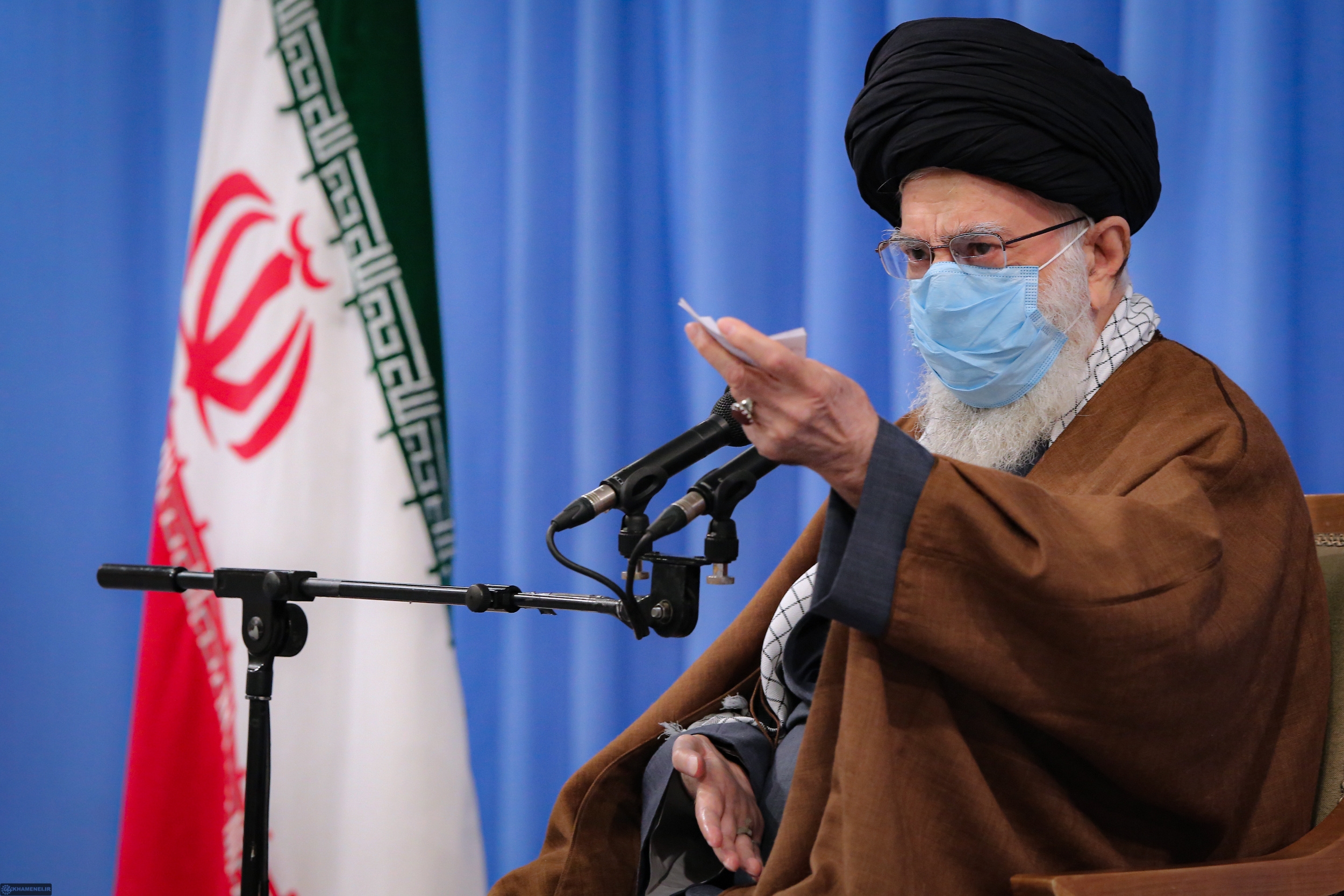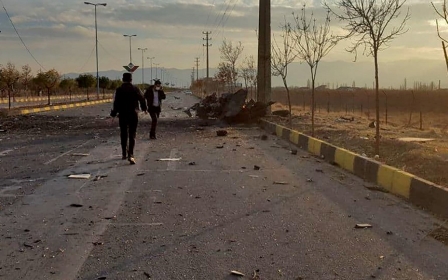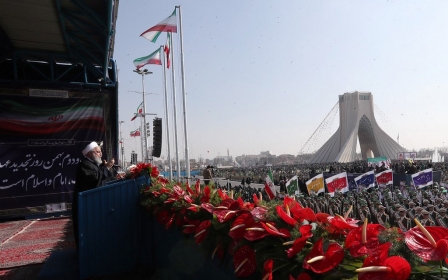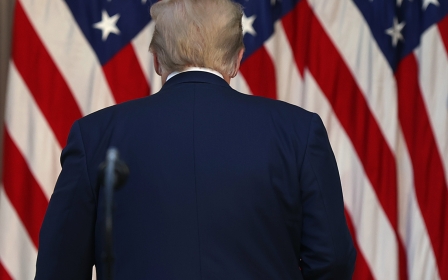Iran vows response to Israel over nuclear scientist assassination

Iranian President Hassan Rouhani accused Israel of killing their top nuclear scientist, vowing revenge on Saturday.
"Once again, the evil hands of global arrogance and the Zionist mercenaries were stained with the blood of an Iranian son," Rouhani told a televised cabinet meeting.
Accused by the West and Israel of being behind alleged attempts to develop a nuclear weapon, Mohsen Fakhrizadeh was killed when a gunman ambushed him in his car on Friday.
Rouhani said Iran will respond but at "the proper time".
"Our people are wiser than to fall in the trap of the Zionist regime," he said.
Israeli N12 news reported that embassies had been put on alert in response to the threat.
Israeli Prime Minister Benjamin Netanyahu named Fakhrizadeh, and warned "remember that name," when he focused on the scientist during a 2018 presentation in which he accused Iran of still trying to develop nuclear weapons, despite a deal with global powers.
Iran's top authority, Ayatollah Ali Khamenei, said on Saturday that he wanted officials "pursuing this crime and punishing its perpetrators and those who commanded it".
He also said Fakhrizadeh's work should be continued by other scientists.
"This unparalleled scientist gave his dear and valuable life to God because of his great and lasting scientific efforts, and the high prize of martyrdom is his divine reward," he said.
Fakhrizadeh was "martyred" after being seriously wounded when assailants targeted his car and engaged in a gunfight with his bodyguards outside the capital Tehran on Friday, according to Iran's defence ministry.
The killing, which Iran's president was swift to blame on Israel, threatens to spark a new Middle East confrontation in the final weeks of US President Donald Trump's term.
It could also complicate any efforts by President-elect Joe Biden to revive a detente with Tehran that was forged when he was in Barack Obama's administration. Trump pulled Washington out of the 2015 international nuclear pact agreed with Tehran.
Fakhrizadeh became the face of Iran's nuclear ambitions when named in the International Atomic Energy Agency's 2015 "final assessment" of open questions about Iran's nuclear programme and whether it was aimed at developing a nuclear bomb.
The IAEA's report said that he oversaw activities "in support of a possible military dimension to [Iran's] nuclear programme" within the so-called AMAD Plan.
Believed to be a senior officer in the elite Revolutionary Guard, Fakhrizadeh was the only Iranian the report identified.
Iran denies ever having sought to develop a nuclear weapon.
US aircraft carrier USS Nimitz was deployed to the Gulf this week, although the US Navy said on Saturday the deployment was not related to any specific threat.
"There were no specific threats that triggered the return of the Nimitz Carrier Strike Group," Commander Rebecca Rebarich, spokeswoman for the US Navy's Bahrain-based Fifth Fleet, said in an emailed statement after the carrier deployed on Wednesday.
Middle East Eye delivers independent and unrivalled coverage and analysis of the Middle East, North Africa and beyond. To learn more about republishing this content and the associated fees, please fill out this form. More about MEE can be found here.




